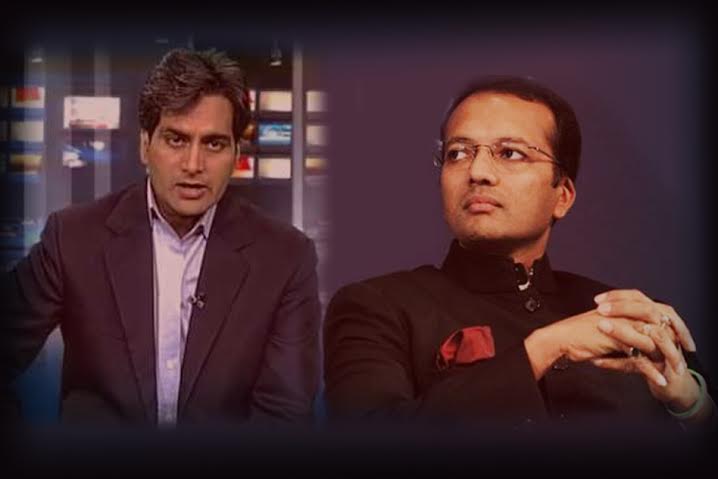Zee Controversy - It Is High Time Politics, Business & Media Become Independent Of Each Other
4 July 2016 8:26 AM GMT
Editor : Al Arafat Sherfuddeen
Passionate writer about current events, politics and happenings nationally and globally. An agent of communal harmony and an ardent Arsenal fan.
The Zee Controversy has all the ingredients in it, corruption, nexus and what not, to become a front-page story for many days across media channels and papers, but there is a strange silence over the issue. Before we go further to dissect the issue, let us look at what happened in the case of Zee editors and what is the Zee issue?
Media is supposed to be independent of an arms length from the government, having a moral responsibility of informing the citizens without any bias on the things which need people’s attention and raising awareness of social issues, government policies, its critics and most importantly, propagate a progressive and inclusive views and opinions that will shape the citizens of the future and consequentially the country itself.
It is not a blanket statement, there are some reputed media houses that have done tremendous work in enlightening the citizens of the country and informing them with the right news and opinions. However, many networks of media that have been corporatized has taken a different route. One might call a short-sighted and dangerous path of inclining politically and resorting to back-door deals to promote entities besides overlooking many key issues the society is facing. The Zee controversy puts to the forefront, how corporate media can trade information for money, advertisements for truth and virtually anything for anything else. The moral and intellectual high ground which media had over the citizens, is fast deteriorating and slipping into the abyss. Media, the way its business is and the proximity it has towards political parties and corporates in terms of advertisement contracts is asphyxiating truth and professionalism from journalism.
Corporates, the job creators of a country, the engine of growth of a country, they move people from one strata of the society to the other. As a country, we should create an environment, where innovation and knowledge thrives and where ideas are valued. Any individual should be able to start a company and create jobs based on what he knows rather the people he knows. Enabling such a scenario will help in job growth, economic development and helps more entrepreneurship.
 All section
All section














